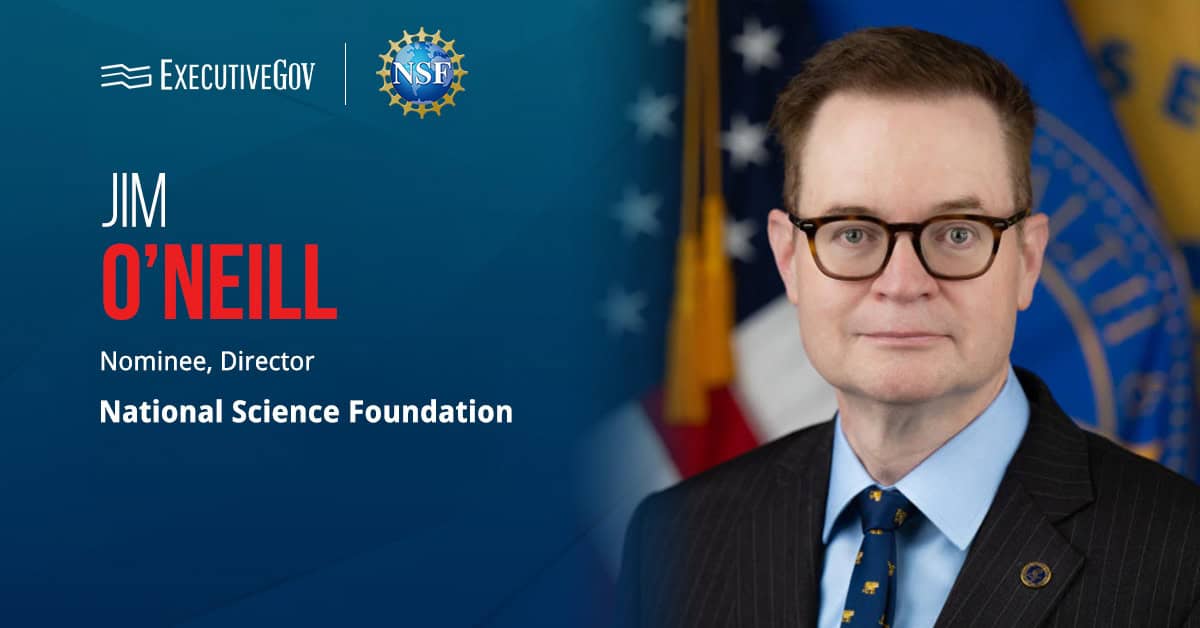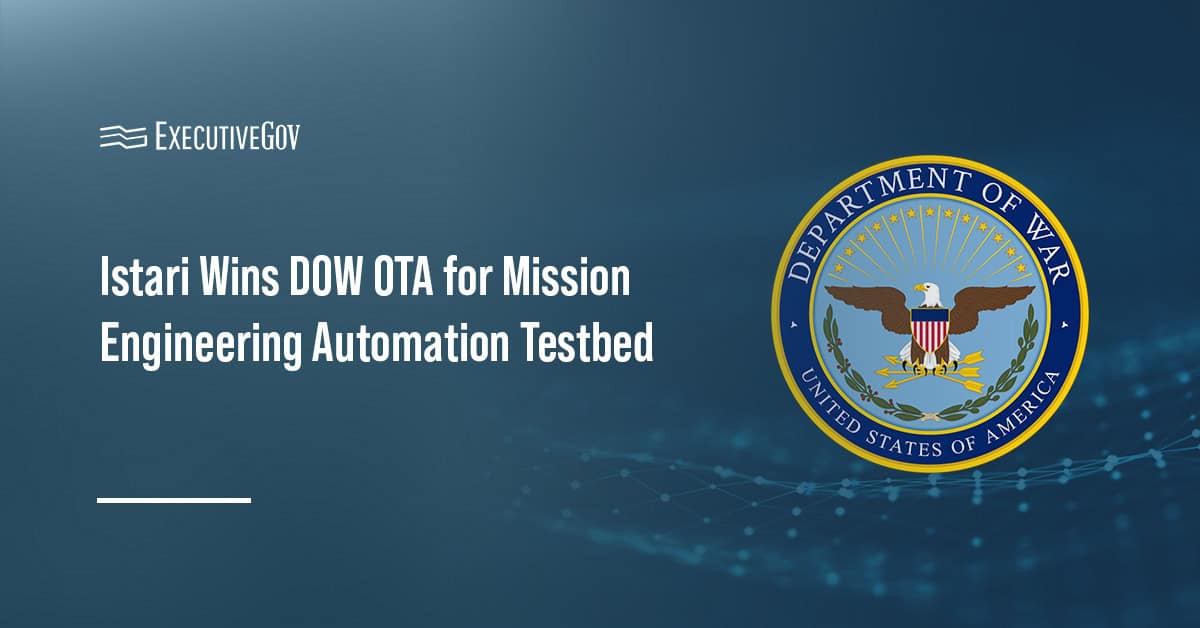
James Byrne, formerly associate general counsel and chief privacy officer at Lockheed Martin, has been confirmed by the Senate as general counsel for the Department of Veterans Affairs.
Byrne immediately resigned from his posts at the company following his appointment to the VA role, Lockheed said Friday.
The White House announced Byrne’s nomination to the position in June.
Prior to his move to Lockheed in 2008, he spent nearly 25 years in the federal government and military sector where he served in various roles such as deputy senior counsel under the U.S. Special Counsel’s office, international narcotics prosecutor at the Justice Department and deployed infantry officer with the U.S. Marine Corps.
The Senate also confirmed the nomination of Ryan McCarthy, former vice president of Lockheed’s F-35 sustainment program, as the next U.S. Army undersecretary.





